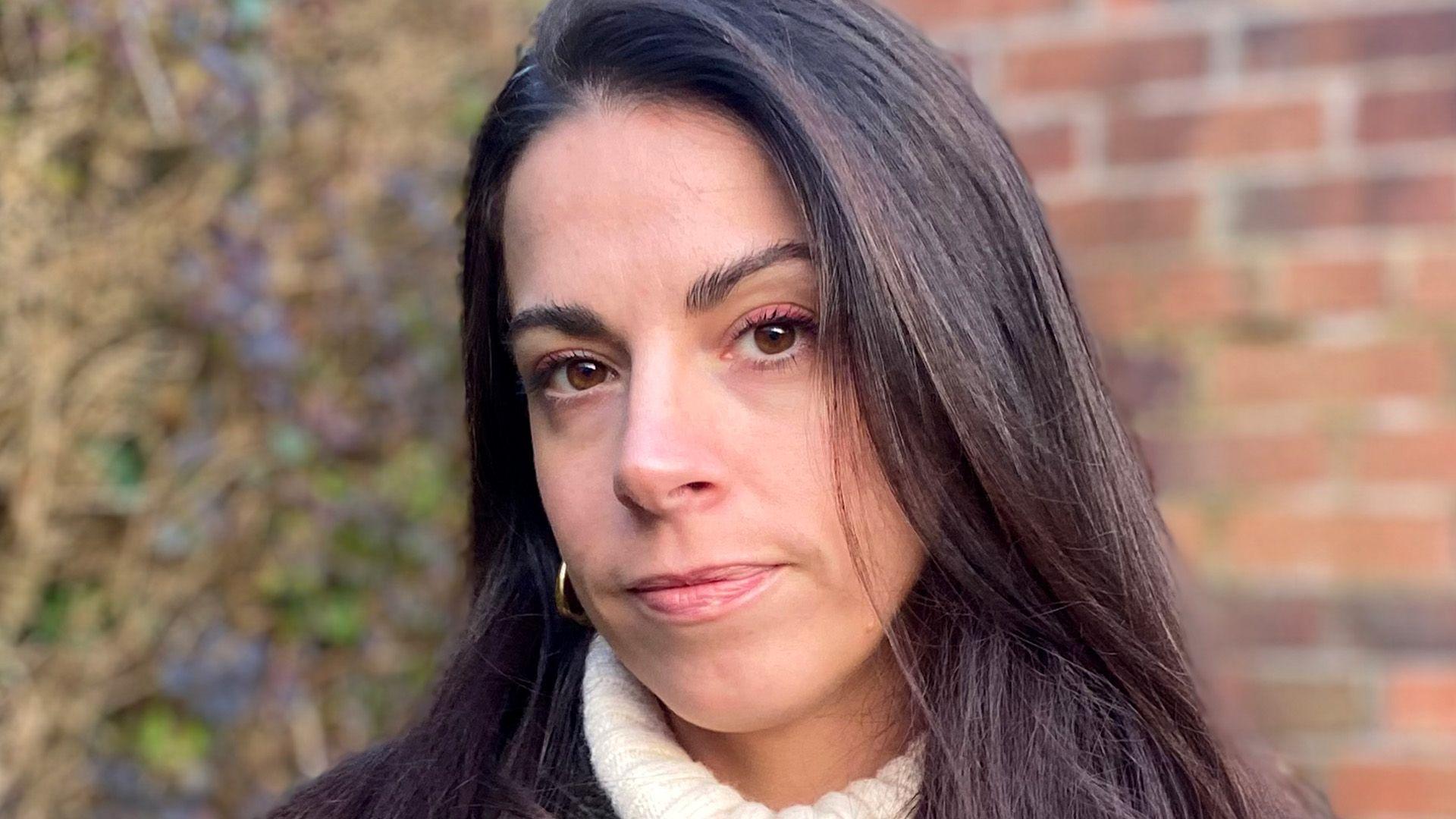Women's health hubs for 'every part of Wales'
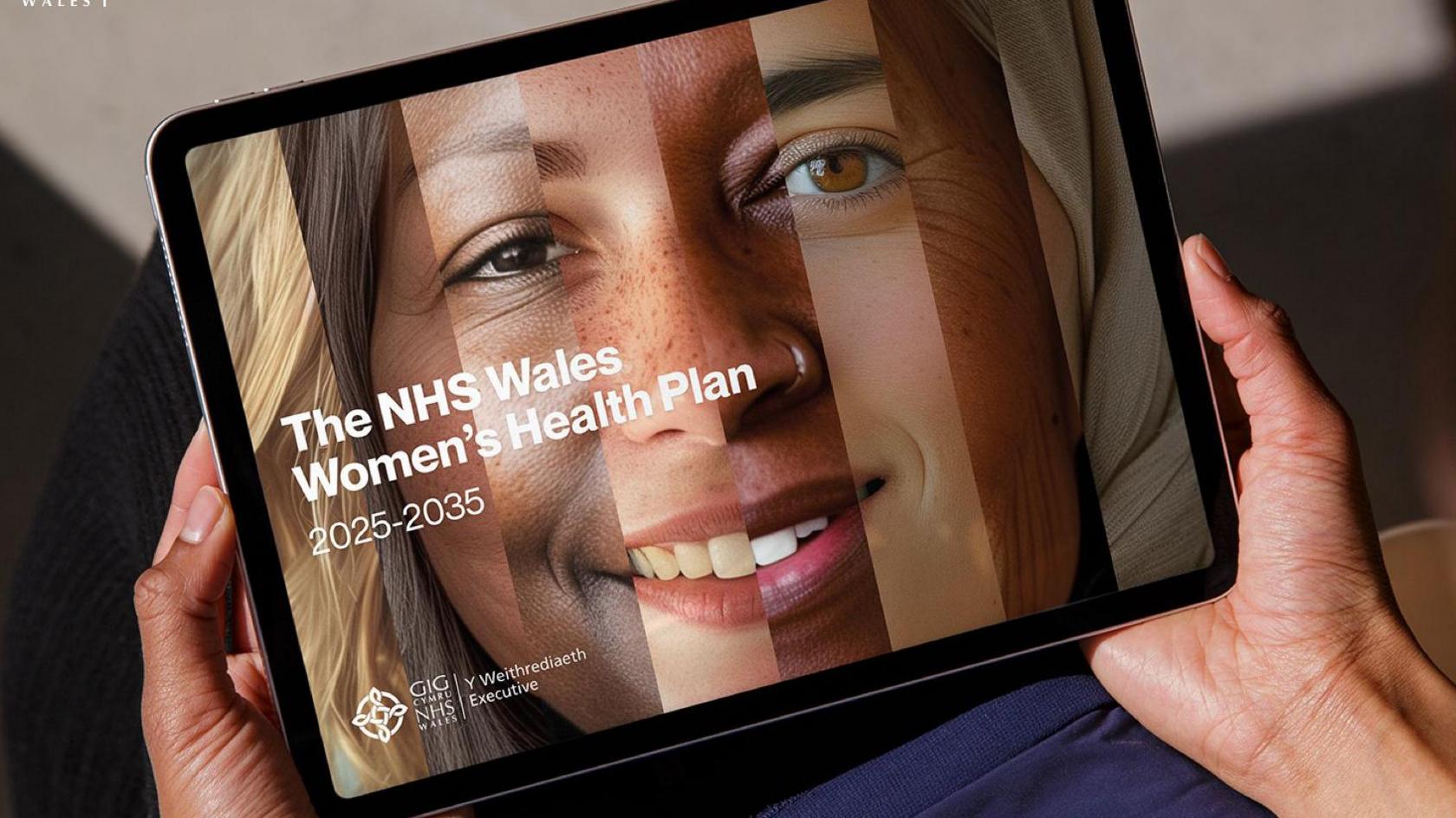
The plan has taken two years to draw up and covers eight priority areas, including menopause, endometriosis and menstrual health.
- Published
Women's health hubs will be set up in every part of Wales by 2026 in an effort to help close the gender health gap.
It is part of the first women's health plan for Wales, published years after similar strategies were launched in England and Scotland.
The 10-year plan includes eight priority areas to improve healthcare for women, as well as £750,000 for research.
Doctors will also be expected to routinely ask women about menstrual health and menopause during appointments.
The charity Fair Treatment for the Women of Wales said disparities in care had been raised by "countless women".
First Minister Eluned Morgan said "women's symptoms, whatever their condition, will no longer be overlooked or dismissed".
Research shows women live longer than men, however they live fewer years free from disability, will wait longer for pain relief and many have said symptoms are "fobbed off".
The plan highlighted a need for greater research, data, innovation and involvement of women who have traditionally been excluded.
It also called for sustainable funding to deliver the proposals, citing the reduced funding to GP practices leading to variability in provision.
Dr Helen Munro, national clinical lead for women's health, said: "As a clinician, I am acutely aware that services for women in Wales often fall short of what women require, need and deserve. Through the implementation of the plan we hope to reverse this."
Universities will also be encouraged to bid for funding to establish a women's health research centre.
The document claimed Wales does not have "the fragmentation and splintering of women's healthcare that exists in other parts of the UK, which has been so damaging for women" - though that claim is not evidenced.
Menstrual health
Specialist women's health hubs will be created in each health board area to help diagnose menstrual health conditions. A review of the current workforce's ability to deliver this and timely diagnosis will also be carried out by March 2026.
Research will also be increased, as well as further educational materials for everyone - including boys and men.
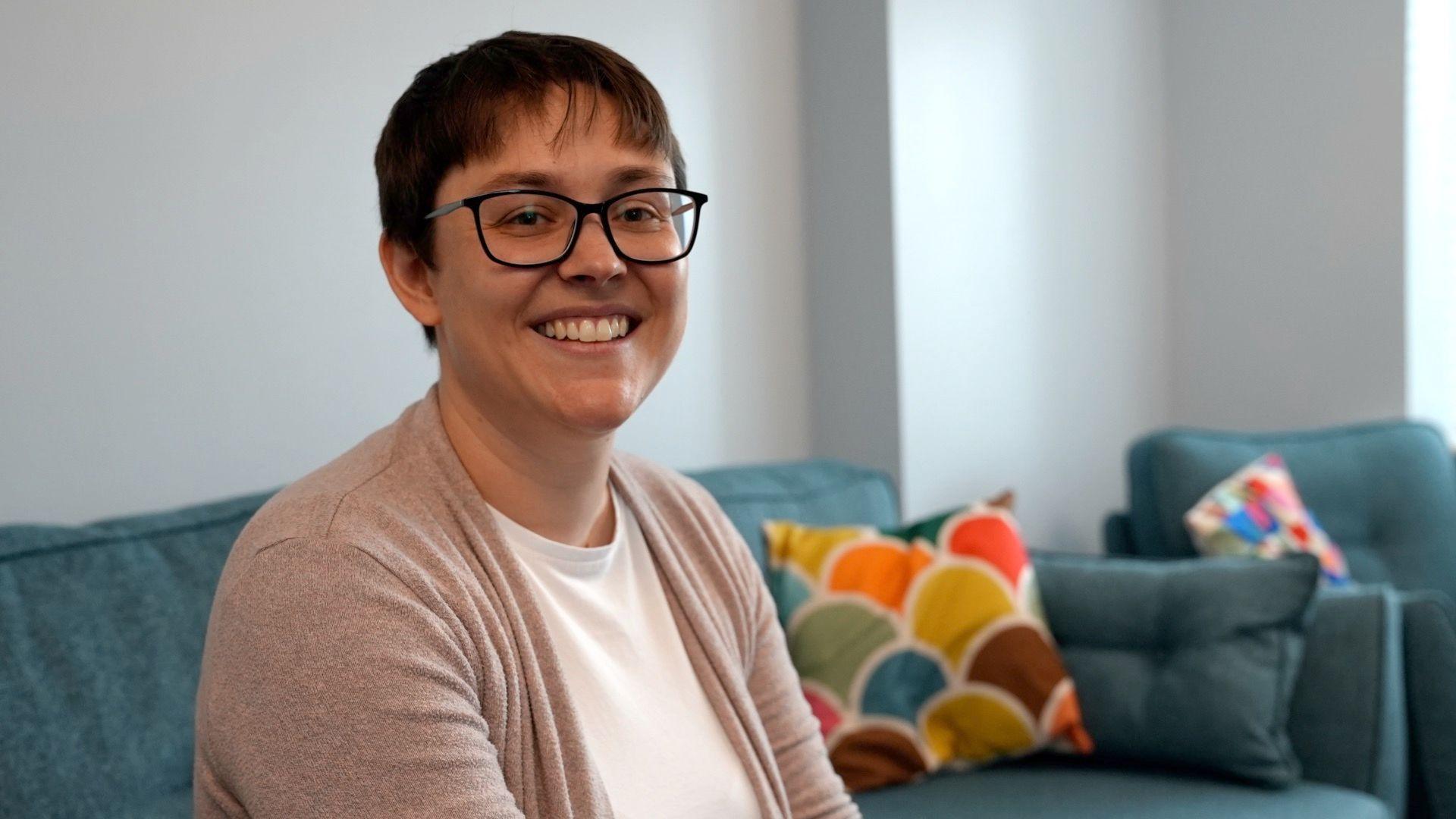
Emma McFarland says medication has made her periods "more bearable" but a greater focus is needed on the impact they can have on women's lives
Emma McFarland, who is among the one in three women who suffer from heavy periods, said they have had a huge impact on her life, yet tests have not discovered a cause.
The 38-year-old from Rhoose in the Vale of Glamorgan said: "I'm lucky that my doctor in recent years has taken a big interest in finding out what's wrong and has sent me for so many tests."
But she said they were both "jumping through hoops" for a specialist to see her, as waiting lists are so long the referrals were being declined.
She added that having an understanding boss was a huge help as she needs to change her sanitary wear so often, but she will routinely wear several layers of protection as it is not always feasible to leave meetings.
Endometriosis and adenomyosis
Further training will be provided about endometriosis as a chronic condition.
The condition affects 10% of women, but women wait 10 years on average for a diagnosis, so the true figure is likely to be higher.
The plan sets out a goal to fund a tertiary, or specialist service in Wales. Currently only two health boards provide that.
Work will also be done to ascertain the demand and capacity in each health board.
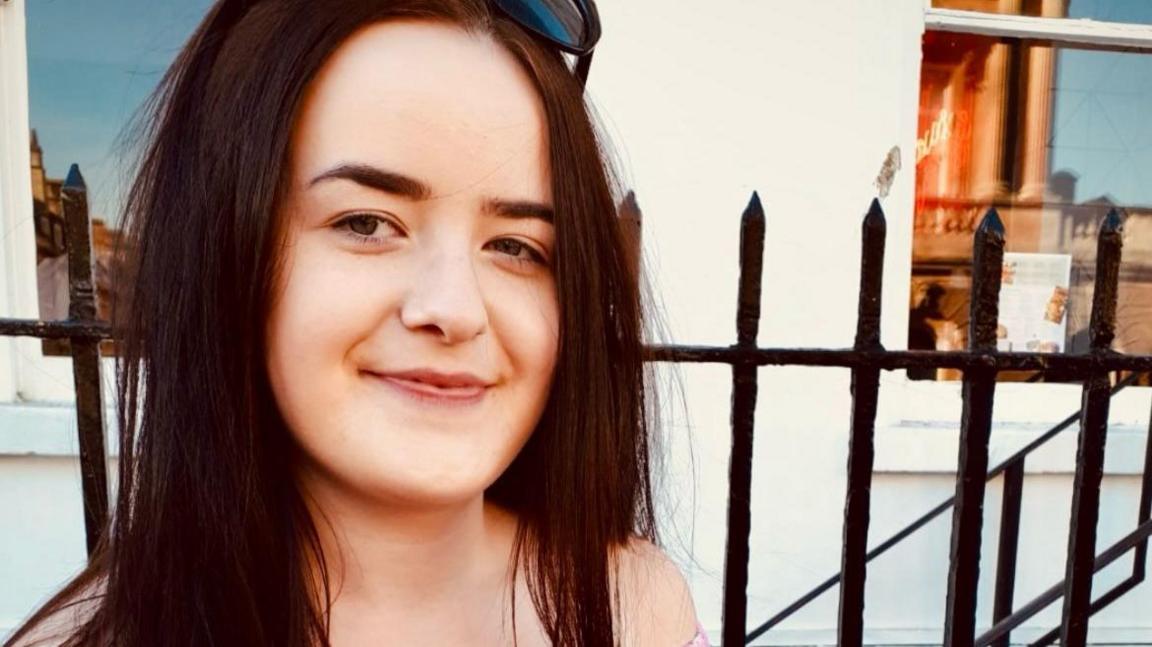
Emily Griffiths was diagnosed with endometriosis after ending up in hospital with sepsis and said the condition has now left her housebound in pain
Emily Griffiths, 26, from Carmarthenshire, has funded her own care because the shortage of NHS specialists in Wales meant very long waits.
"It can't be down to the patient to continuously research their own healthcare needs, fund their own health care privately or even travel to other parts of the UK to receive specialist care.
"Women in Wales have been let down for many years now, through dismissal and the lack of specialist centres, there needs to be effective treatments or surgical options that don't require waiting years for."
Fears misinformation behind drop in contraception
- Published28 November 2024
'Why is my endometriosis treatment not urgent?'
- Published8 October 2024
Sisters tell of years searching for health answers
- Published18 September 2024
Contraception and abortion care
The plan calls for a need to increase reliable online information on contraception choices and abortion.
It also highlights geographical inequities to long-active reversible contraception and plans to extend the training for community pharmacies to provide the pill.
There are also longer term plans to fund complex and mid-trimester abortion care.
Preconception and postnatal health
Each health board will have a strategy on helping people to conceive, taking into account risks such as epilepsy, mental health, type 2 diabetes, substance misuse, alcohol services and rare diseases.
Pelvic health and incontinence
More than 60% of women in the UK have at least one symptom of poor pelvic floor health.
Pelvic floor dysfunction includes bladder and bowel incontinence, prolapse, as well as sexual dysfunction and chronic pelvic pain.
The plan aims to improve access to online information, review the workforce, identify research gaps and develop a pelvic floor dysfunction symptom checker.
In the medium term it will also look at the potential for pelvic floor dysfunction teams in primary care.
Women are coping on their own with serious bowel injuries caused during childbirth.
A pelvic health hub opened in 2022 in the Cardiff and Vale health board area, while a virtual hub is being developed by Hywel Dda where specialists in bowel, bladder and uterus work together.
Women's health physiotherapist Shakira Hassan said huge stigma still exists around incontinence and many are told it is "to be expected" after childbirth.
"Statements like these are really unhelpful because women who haven't had babies can also experience incontinence and just because it's common doesn't mean it's normal.
"There's loads of help for incontinence - pelvic floor exercises, medication, vaginal pessaries, support garments, electrotherapy and postural and breathing exercises."
Menopause
The plan said the acceptance and implementation of recommendations from a task and finish group in 2023 has been limited.
Access to trained health care practitioners at both primary and secondary care level is still variable and gaps need to be addressed.
Uptake of hormone replacement therapy (HRT) has trebled since 2018 but the use of monthly prescriptions should be reviewed as it can lead to patients stopping treatment prematurely.
Innovative ways also need to be found to manage the number of women who are at low risk of cancer, but are referred for ultrasound because of post-menopausal bleeding - a common side effect while HRT dosages are managed.
Violence against women and girls
NHS Wales will sign up to a sexual safety in healthcare charter, as has been done in England.
BBC Wales has previously reported on the number of allegations of sexual misconduct recorded by Welsh NHS health boards and trusts.
Evidence shows victims of abuse will present more frequently to health services and are issued with more prescriptions.
There are plans to create a referral into specialist domestic abuse services as well as further education for all healthcare workers.
Previous schemes saw referrals to support increase dramatically when GPs were trained in spotting the signs of domestic abuse, however, BBC Wales has learned that three health board areas have since stopped funding.
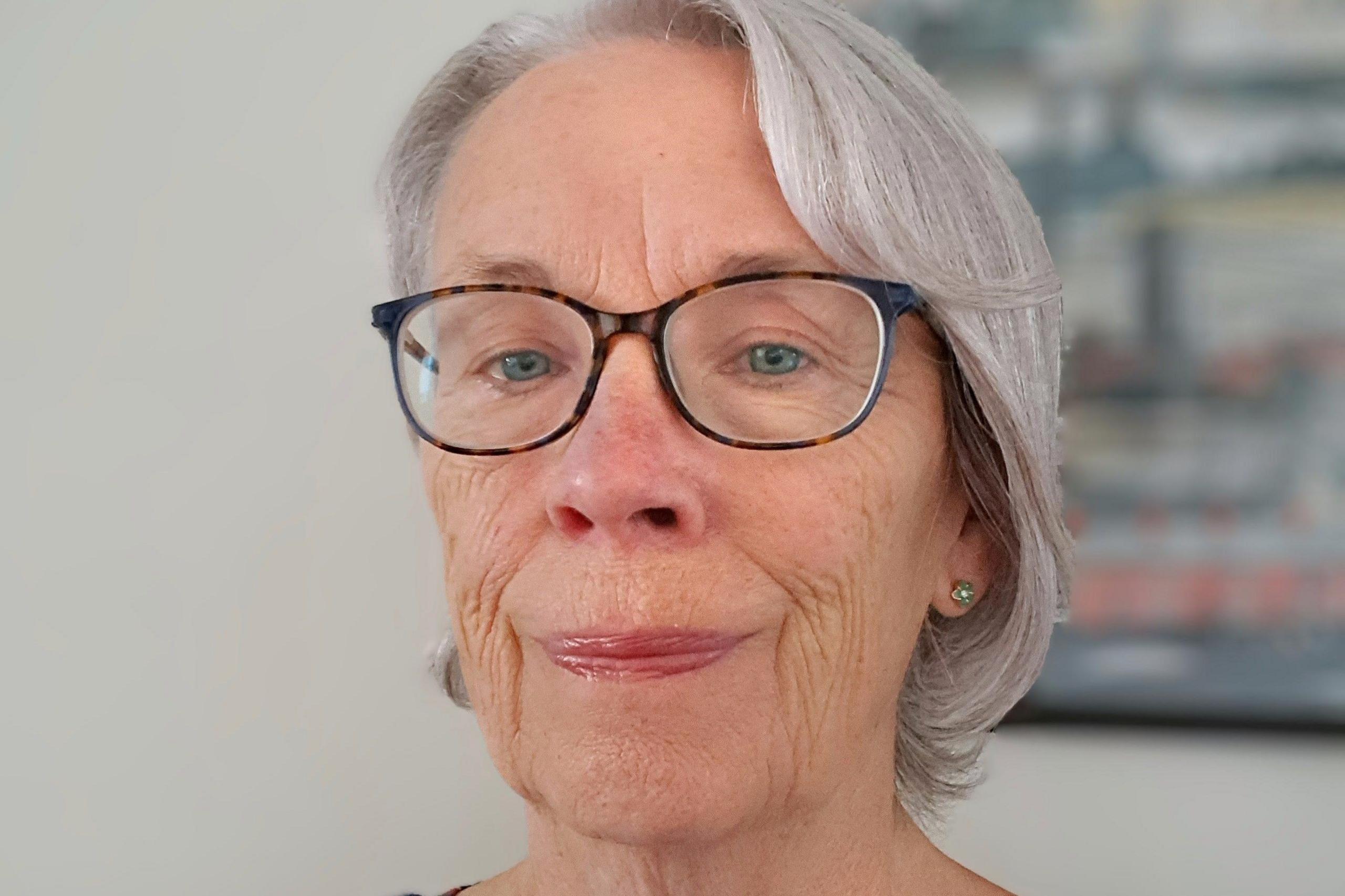
Dr Jacqueline Gantley says referrals to support services for domestic abuse are expected to drop now three health boards have pulled funding from the IRISi scheme
Retired Cardiff GP Jacqueline Gantley is on the board of IRISi, which runs the initiatives and said health boards see it as an easy way to save money by removing funding.
"We have a named advocate attached to each GP practice, supporting those who are referred directly for support, but health boards see that as expensive.
"But the long term savings to families and the NHS are huge. It's heartbreaking to think of those families that won't be picked up now."
Ageing well and long-term conditions
This part of the plan focuses on things such as sexual health, mental health, Alzheimer's and dementia, diabetes; ME or chronic fatigue syndrome, cardiovascular disease, cancer recovery, musculoskeletal conditions and palliative care.
It cites the need to educate the workforce on culturally competent care so diverse populations receive tailored healthcare.
Education at school, college and university on healthy ageing is also included, as well as increased training for NHS staff on older women's conditions.
What happens next?
The Welsh government will develop and issue policy in the relevant areas with annual reports on progress carried out by the NHS Wales Executive.
More work will also be carried out with groups of women whose voices were not as well represented in previous engagement exercises.
Those include black and minority ethnic groups, disabled women, those with learning disabilities, LGBTQ+, those with neurodivergence, as well as 16-25 year olds and over 65s.
- Published7 December 2024
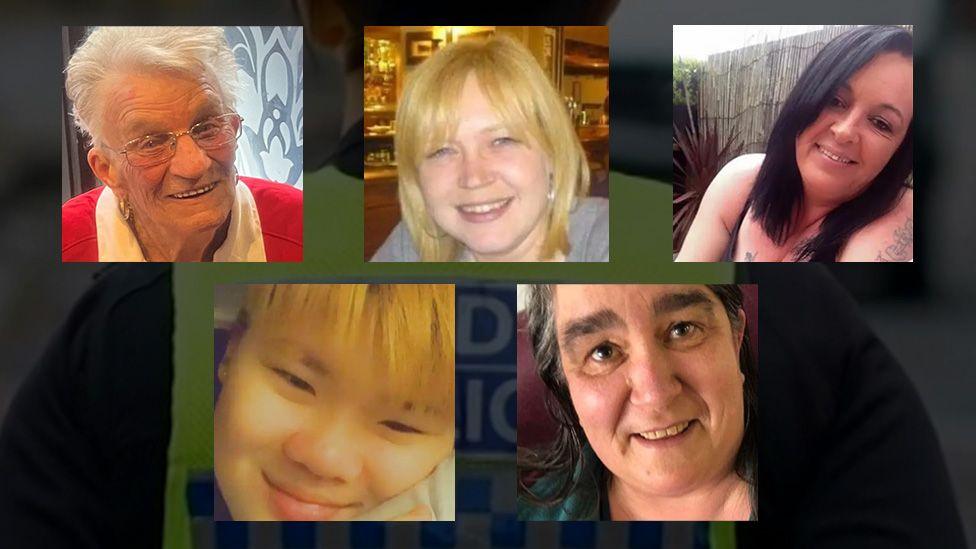
- Published24 November 2024
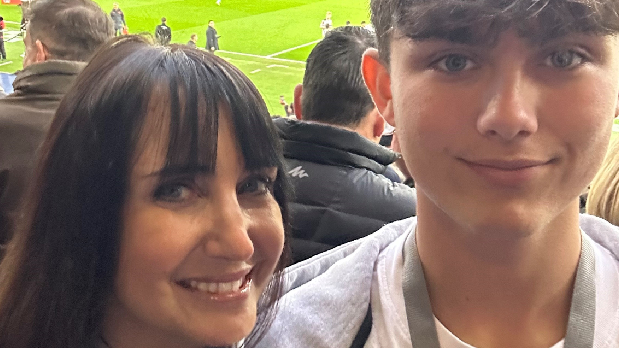
- Published25 November 2024
